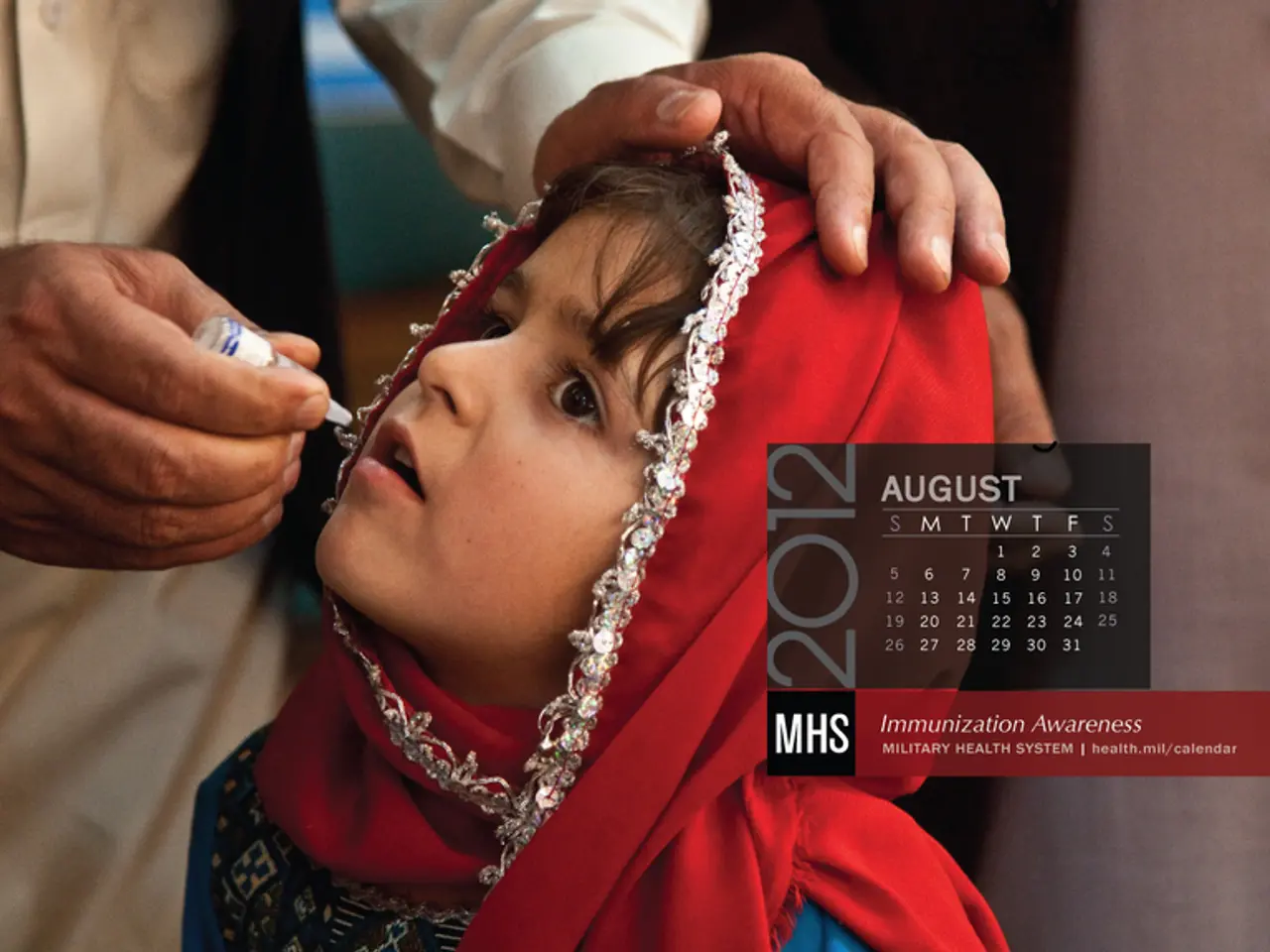Immunization shields not only the individual, but also those in close proximity by preventing the spread of infectious diseases.
In the United States, vaccination rates among kindergarteners have been below the ideal threshold of 95% for herd immunity for the fifth school year in a row, according to data from the Centers for Disease Control and Prevention (CDC) from this summer. This concerning trend has raised concerns among health experts, including Dr. Paul Offit, a renowned vaccines expert.
Offit has expressed his concern about the high level of misinformation about vaccines, which he believes is causing people to unnecessarily put their children at risk. He mentioned a study about a measles outbreak in the Netherlands in the early 2000s, which found that living in a highly vaccinated community offered more protection against measles than living in a community with low vaccination rates.
Herd immunity, a concept that occurs when enough of the population is vaccinated against a disease, thus preventing the continuous spread of the virus, is crucial in maintaining public health. This means that individual protection from a particular disease is based not only on personal vaccination status but also on the vaccination status of those around them.
Vaccinations reduce the opportunity for a disease to spread. If an individual is less likely to be exposed, they are less likely to be infected. This is where herd immunity plays a significant role, as it protects not only the vaccinated individuals but also the community as a whole.
However, exemptions for vaccines have reached a record high, increasing to 3.6% compared to 3.3% in the previous school year, according to the CDC. The number of kindergarteners exempt from one or more vaccines during the 2024-2025 school year was approximately 138,000, according to CDC data. Additionally, an estimated 286,000 kindergarteners during the same period attended school without documentation of receiving their measles vaccination.
Offit has emphasised that assuming vaccines are 100% effective is misleading, as no vaccine offers such protection. He has also expressed the need for vaccination mandates due to the high level of misinformation about vaccines. School entry vaccination mandates are determined by state officials, and most states allow medical vaccine exemptions and have policies in place for people with strong religious objections.
Despite the concerns, it's important to note that the current vaccines, although FDA-approved as safe and effective, do not offer 100% protection. Measles was declared eliminated in 2000 in the U.S. due to high community vaccination rates, and it's crucial that we maintain these rates to continue protecting ourselves and our communities.
In conclusion, the current trend of high vaccine exemption rates is a cause for concern, as it threatens herd immunity and the overall health of our communities. It's essential that we continue to educate ourselves and others about the importance of vaccinations and the role they play in preventing the spread of infectious diseases.
Read also:
- Nightly sweat episodes linked to GERD: Crucial insights explained
- Antitussives: List of Examples, Functions, Adverse Reactions, and Additional Details
- Asthma Diagnosis: Exploring FeNO Tests and Related Treatments
- Unfortunate Financial Disarray for a Family from California After an Expensive Emergency Room Visit with Their Burned Infant








